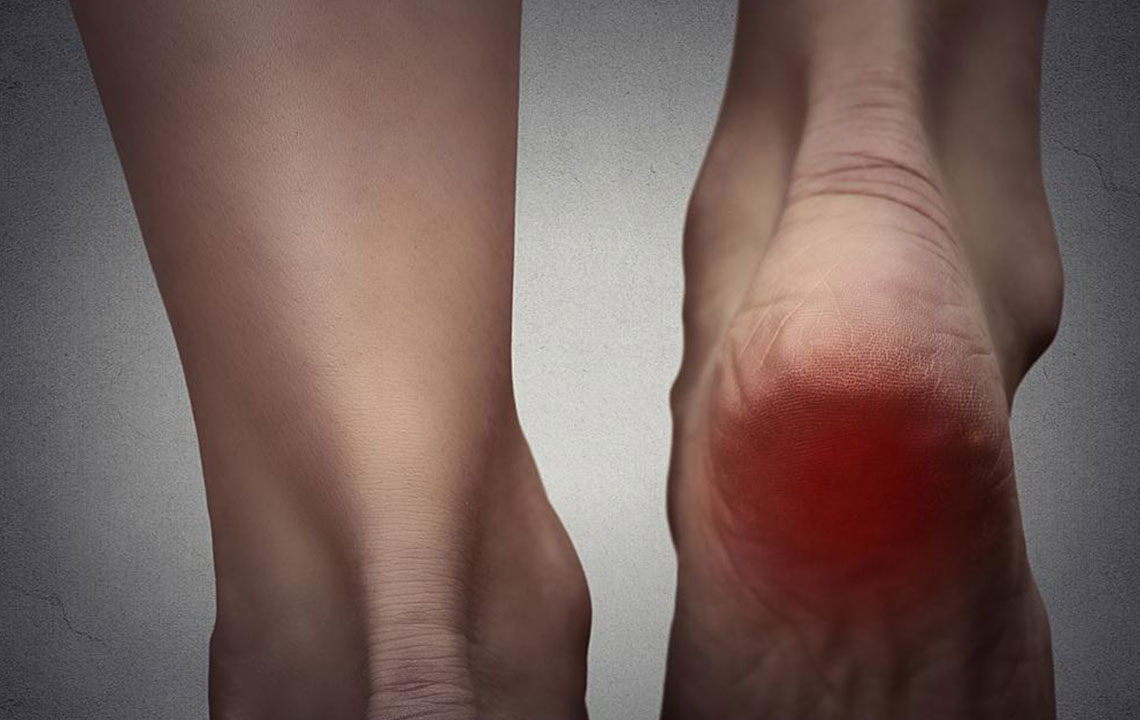Understanding Neuropathy: Causes, Symptoms, and Effective Treatments
This comprehensive guide explores neuropathy's causes, symptoms, and treatments. It covers common nerve conditions like diabetic neuropathy and foot-specific issues, emphasizing symptom management and the importance of targeting underlying causes. Effective therapies, including medication, lifestyle adjustments, and alternative treatments, are discussed to help improve quality of life for affected individuals.

Understanding Neuropathy: Causes, Symptoms, and Effective Treatments
Understanding the causes, symptoms, and treatment options for neuropathic pain
Neuropathy manifests as a burning, shooting sensation linked to nerve issues. It results from nerve damage or a malfunctioning nervous system, leading to numbness due to impaired impulse transmission. Causes include peripheral nerve problems like diabetic neuropathy and spinal issues. Injuries to the spinal cord or brain may also cause persistent neuropathic pain.
Key Symptoms
Diagnosis relies on recognizing various symptoms, such as sharp, burning, tingling, or sensitive sensations. Patients may also experience pain upon touch or pressure. Medical professionals assess pain severity using visual scales and patient descriptions to determine appropriate treatment.
Potential Causes of Neuropathy
While sometimes idiopathic, several conditions contribute to neuropathic pain, including:
Diabetes
Chemotherapy treatments
Multiple myeloma
HIV/AIDS
Multiple sclerosis
Alcohol abuse
Vitamin deficiencies
Facial nerve disorders
Amputation or trauma
Shingles or infections
Syphilis
Thyroid issues
Spinal cord compression or herniated discs
Post-spinal surgery complications
Therapies for Neuropathic Pain
Initial treatment usually involves antidepressants or anticonvulsants. NSAIDs can provide relief, and severe cases may require stronger pain medications under physician supervision. Managing underlying conditions, such as diabetes, is crucial for symptom control. For resistant cases, pain specialists may recommend nerve stimulation techniques, acupuncture, massage, or relaxation therapies to reduce discomfort.
Peripheral Nerve Damage and Its Manifestations
Peripheral neuropathy, especially affecting the feet, is prevalent among older adults, mainly due to diabetes. Other causes include genetics, infections, chemotherapy, vitamin B12 deficiency, autoimmune diseases, trauma, or kidney failure. Symptoms vary depending on the affected nerves. Sensory nerve damage causes burning, numbness, tingling, and heightened sensitivity. Motor nerve damage can lead to weakness or paralysis; diabetics might experience dizziness, hypotension, or intestinal issues.
Common Foot Neuropathies
Diabetic sensory neuropathy affects the feet and limbs, leading to sensation loss and burning pain. Morton’s neuroma impacts nerves between toes, causing pain during walking. Tarsal tunnel syndrome involves tingling, sharp pain, and numbness in the foot and ankle, worsening with activity. Treatment hinges on identifying the root cause—blood sugar control, vitamin supplementation, or other targeted therapies—aiming to reduce symptoms and prevent progression.
Neuropathic damage is often irreversible, but symptom management significantly improves patient quality of life.










